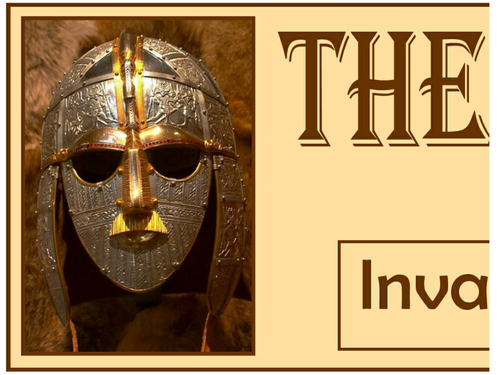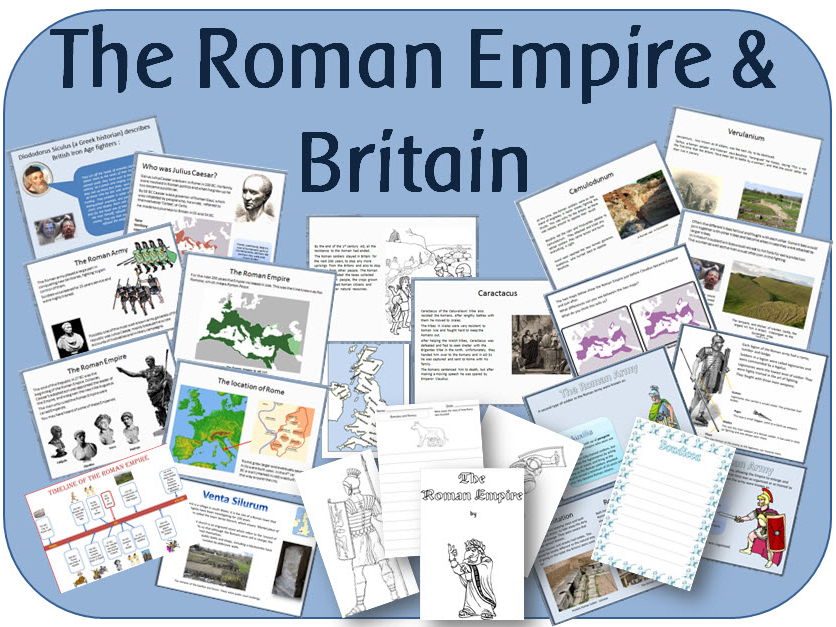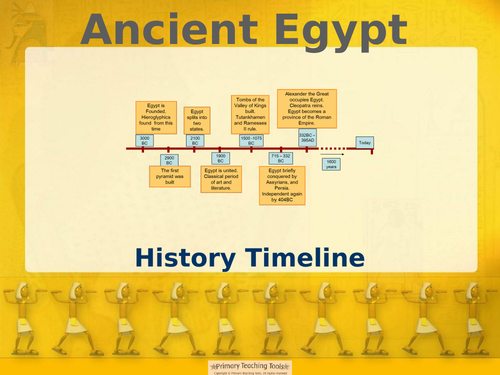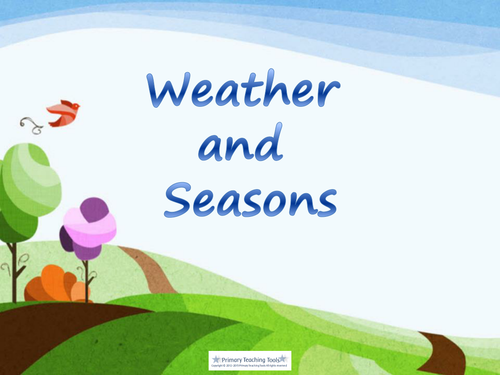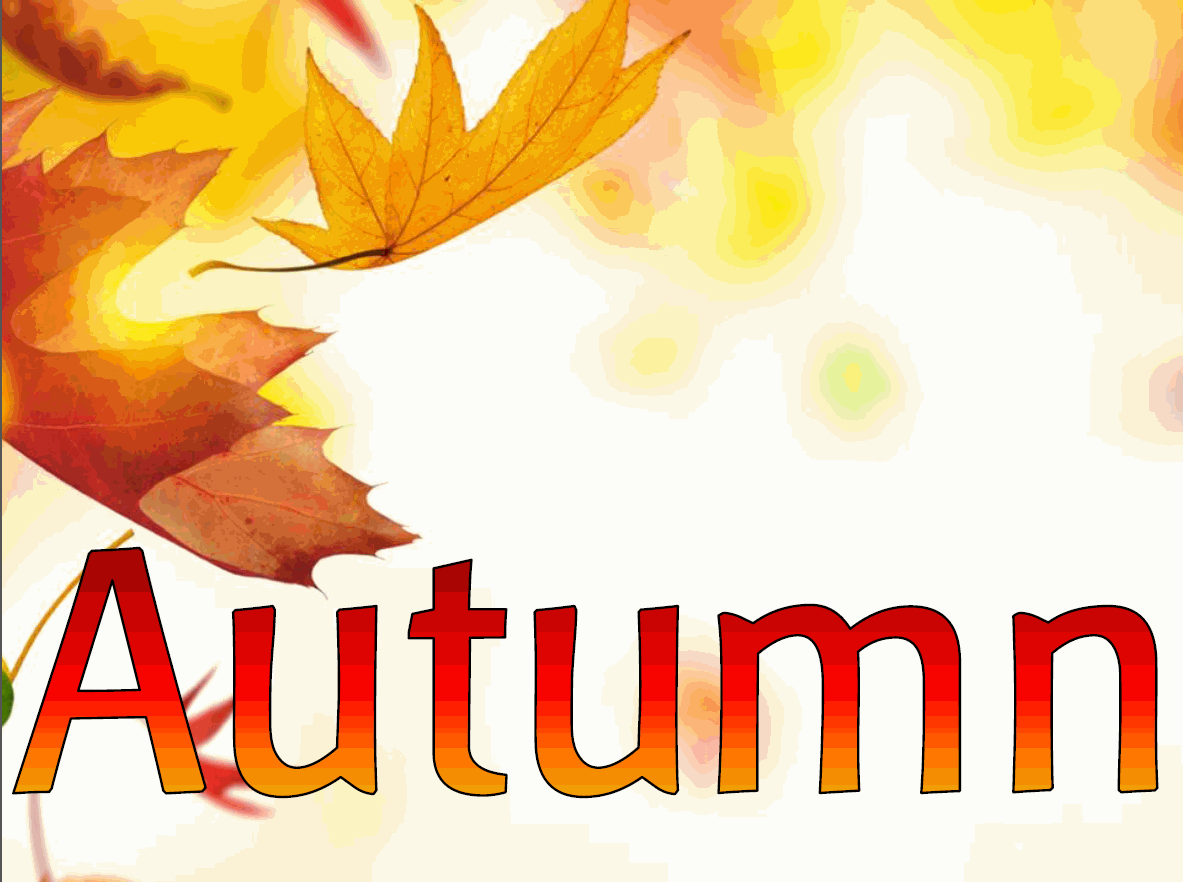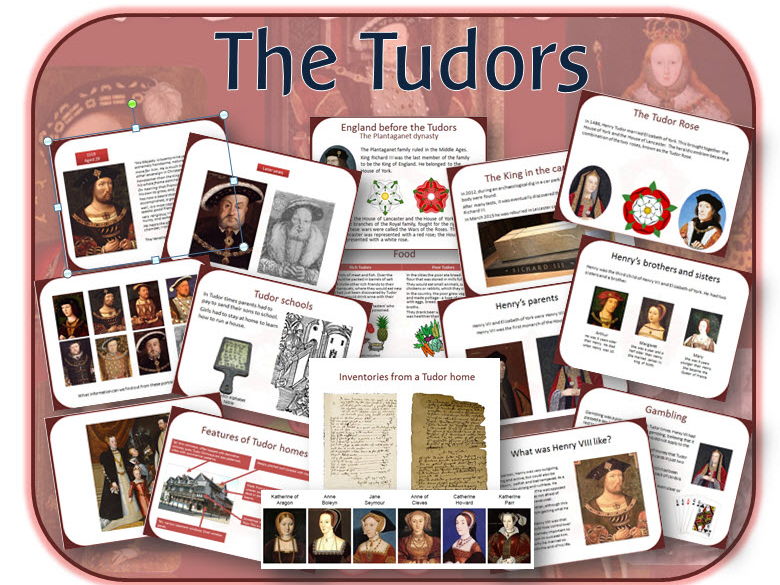
404Uploads
1062k+Views
679k+Downloads
All resources

Queen Elizabeth I and Queen Victoria & Tudor and Victorian times diplay & activities
A pack of activities and display, looking at Queen Victoria and Queen Elizabeth I and the times they lived in.

Florence Nightingale & the Crimean War pack : powerpoints, worksheets, activities and planning
POWERPOINT FILES:
Florence Nightingale mind map: To explore what the children already know about Florence Nightingale
Florence Nightingale introduction: Introduces the concept of famous people, asking how they become famous. It shows some images of Victorian dress, asking the children to find similarities and differences between now and then. A timeline demonstrates how long ago the Victorians lived, and why they were called Victorians.
What was it like when Florence Nightingale was alive: A short story about Queen Victoria, and an exploration of life in Victorian times, with images.
The life story of Florence Nightingale: A 13 page story of Florence's life from her birth in Italy in 1820 to her death in 1910.
The life story of Florence Nightingale in pictures: The pictures that tell a story of her life, for discussion
The Crimean War: A short look at the Crimean War; how it began, why British soldiers were there, and what conditions were like.
Florence Nightingale and the Crimean War: A 25 page long Powerpoint, explaining Florence's journey to Scutari; what the hospital was like when she got there, and what she did to improve conditions for the men.
PRINTABLE FILES:
Worksheets
Florence - questions: To use as an introduction. Shows a picture of Florence nursing, and asks questions for the children to answer.
Victorian health adverts: 7 Victorian adverts for remedies and medicines. Children can look through them and learn about what types of healthcare was available in Victorian times.
Story writing sheets: 3 different formats for the children to both sequence the pictures of Florence, and to tell her life story.
Pictures of the Crimean War: Photographs and paintings from the time.
Hospital before and after: Pictures of the hospital before and after Florence made her changes, with space to write.
Journey to Scutari - blank map: A map of Europe for the children to sketch out the route Florence and her nurses took to Scutari.
Acrostic poems: 2 versions, one saying Florence, the other Scutari, for children to write their own poems.
Poetry: Contemporary poems about the Crimean War and Florence Nightingale
Florence Nightingale wordsearch: with key vocabulary
Writing sheets x 8: 8 different layouts, with a Florence Nightingale border
Display / booklets:
Florence Nightingale project cover: To put at the front of project work
Plus: an adaptable plan in word, showing the learning objectives for the Powerpoints and worksheets, web links, and other cross curricular activities.

Ancient Egypt display resources
A set of posters, headings, lettering, borders etc for an Ancient Egypt display.

SPaG Year 1 Spelling pack: Digraphs and trigraph cards & list
A set of cards; 4 per page (46 pages altogether) with words containing the Y1 digraphs and trigraphs. They can be used for display, flashcards or games.
The spelling lists contains groups of spellings in 34 sets.

KS2 history topic: The Roman Empire & its impact on Britain display pack
A set of resources in pdf format to print and display. The pack consists of:
4 Different A4 titles: The Roman Empire and its impact on Britain / The Romans / The Roman invasion of Britain / The Roman Empire
A-Z lettering: with blue 'Roman temple' background
Banner x 2: With lettering 'The Roman Empire and its impact on Britain' and 'The Roman Empire'
Border: Strips of border decorated with a Roman soldier for display borders,plus corners with 'SPQR'.
Famous Romans posters (x 4): A heading plus one A4 sheet for each of the following; Julius Caesar, Emperor Claudius, Emperor Hadrian and Romulus (& Remus), with information about each person.
Maps of Roman Britain posters (x 4): A heading, plus an old 4th century map of what Britain was thought to be like; A map of Iron Age tribes in Britain, a map of mining in Roman Britain and a map of Roman Britain in around AD 150
Roman artefacts posters (x 10; 2 on each A4 page): Heading, plus images of a Roman jug, an oil lamp, samian ware, aurus of Nero, a fresco, glassware, a mosaic, a military diploma, writing implements and copper and lead ingots.
Roman Emperor posters (x 5): A4 heading, plus images of the first five Roman Emperors; Augustus, Tiberius, Caligula, Nero.Clausius
Roman god posters (x 8): A4 heading plus the gods / goddesses Saturn, Jupiter, Juno, Janus, Neptune, Minerva, Mars and Vulcan.
Photo pack of Roman sites in Britain: A heading plus an A4 page for each of the following; Bath, Hadrian's Wall, Richborough Fort, Great Witcombe Roman villa, Vindolanda, Venta Silurem, Anderitum, London Wall and Viroconium. Each photograph contains a map of the UK showing the location of each site.
The Roman Army posters (x 8): Heading plus images of a legionary with his equipment and armour labelled, an aquilifer, archer, ballista, catapult, centurio, cavalry, cassis, cuirass, tunic, boot, scutum, pilum, standard and gladius.
Timeline of the Roman Empire: An A4 sheet, showing the rise and fall of the Roman Empire from 750 BC to AD 500
Vocabulary display of the Roman Empire: Contains 2 words per A4 page, with an image and definition of the following words; Senate, legionary, republic, emperor, empire, civilization, citizen, Mediterranean, barbarian, archaeologist, military, plebeian, tribe, artefact, century, hostage, BC and AD

The Vikings display pack
A set of posters, lettering, title and wordmat for a Vikings display.
Viking lettering - Spells 'The Vikings', plus all upper and lower cases and numbers are included so that you can print out what you need.
The Vikings title - A4 title
Viking gods posters - Includes Odin, Freya, Frey, Thor, Tyr, Loki, Idun ,plus Valhalla - with short descriptions and pictures.
Vikings posters - 7 A4 posters on: Inside a Viking longhouse; Viking runes; Viking raids; Viking Runestones; Viking homeland; Viking ships; the Battle of Stamford Bridge - all with pictures and descriptions.
Vikings word mat - Contains Viking vocabulary with accompanying pictures; Viking gods; map of the Viking invasions, Danelaw, Yorvic, Lindisfarne and Iona; and a list of famous Vikings.

World War II / WW II & VE Day display pack
A set of headings, lettering, banners, posters and images for a WW2 / VE Day display:
WW II HEADING: Prints onto 1 A4 sheet, with the title 'World War II’
WW II BANNER X 2: In 2 sizes, one prints onto 3 A4 sheets, the other 4.
WW II A-Z LETTERING: Lower and upper case letters, plus numbers and punctuation to print and cut out.
WW II IN PHOTOGRAPHS: 15 titled photographs, showing images taken during the war -
The Women’s Volunteer Defence Corps
Rescue workers
Bombing at the library
Air raid warden
Ration book
Refreshments for the soldiers
Dunkirk
The Queen visits an Anderson shelter
Aftermath of a Blitz
Homeless
The Women’s land army
Bombings in Merseyside
Hawker Hurricane
Evacuees
Destroyed houses
WW II POSTERS: 10 A4 sheets containing photographs and explanations of different aspects of WW II -
WW II begins - Outlines the start of the war, with pictures of Neville Chamberlain, Adolph Hitler, and Winston Churchill
The Blitz - Explains what the Blitz was.
Blackouts - Curtains, and reasons why
Air raid shelters
Anderson shelters
Gas masks
Evacuation
Rationing
Participants of WW II
VE day
WW II INSTRUCTIONAL IMAGES: A collection of images made during the war to educate people about gas masks, enemy aircraft, air raid precautions, and fire precautions. (4 pages, with 3 or 4 images on each)
VE Day heading
VE day lettering
Union flag border
Small and large union flags

The Roman Empire and its impact on Britain pack - Powerpoints , activities and worksheets
POWERPOINTS:
THE ROMAN EMPIRE INTRODUCTION: Introduces the topic by putting the era in context with the Stone Age, Bronze Age and Iron Age in Britain, on a timeline. It includes an explanation of how Rome was founded, where it is, and how it changed from a kingdom to a republic and then an empire.
JULIUS CAESAR: Explains who Julius Caesar was and the attempted invasions in 55 and 54BC.
THE ROMAN EMPIRE BY AD 42: Begins by discussing the assassination of Julius Caesar and the formation of the Roman Empire. Looks at the first Emperor, Augustus, mentions Tiberius and Caligula, then talks about Claudius and how he gained power. Then looks at the Roman way of life in the Empire, how powerful it was and what area it covered.
THE ROMAN ARMY: Investigates how the Roman Army was made up; of centuria, cohorts and legions; and auxiliary soldiers.Looks at how they were trained, what types of jobs they did, and why nobody could beat them in battle.
THE ROMAN INVASION OF BRITAIN: A detailed account of the invasion by Claudius in AD 43, British resistance by Boudicca and Caractacus, Hadrian's Wall, and the end of Roman rule.
THE ROMANISATION OF BRITAIN: Looks at how the Romans build civitas, or towns for different tribes in Britain, looking briefly at Caerwent. Explains and gives examples of Roman technology, culture and beliefs and what lasting impacts they have had.
TIMELINE OF THE ROMAN EMPIRE: A 1 page timeline, can be printed or viewed as an animated show.
TRIBES CONQUERED BY THE ROMANS: A 4 page presentation, detailing how the Romans conquered each tribe in Britain. Can be printed or viewed as a show.
WORKSHEETS:
Roman Empire topic covers x 4
What I already know / would like to find out about the Roman Empire
Worksheet - Romulus and Remus
Writing sheets - Julius Caesar (lined and unlined)
Blank map of Europe
Worksheet - living in the Roman Empire in AD 42
Design a Roman scutum
Worksheet - weapons of a Roman soldier
Pictures of Roman soldiers in black and white
Writing sheets - The Roman Army (lined and unlined)
Map of tribes in Britain
Tribes in the local area
Worksheet - Living in Britain in the Iron Age
Writing sheet - Boudicca
Report writing sheet - Roman settlements in the local area
OTHER:
De Bello Gallico - Accounts written by Julius Caesar of his first and second visits to Britain
Roman Empire Planning - An adaptable outline medium term plan in Word

Britain's settlement by Anglo-Saxons and Scots: PowerPoint lessons, worksheets & topic plan
A series of lessons to cover the objectives in the history curriculum 2014:
POWERPOINTS
Romans and Scots: A look at the Roman withdrawal from Britain in around AD 410, the fall of the western Roman Empire due to barbarian attacks and the Scots invasions from Ireland to north Britain.
The Anglo Saxons (invasions, settlements and kingdoms: place names and village life): A 38 page powerpoint with a contents page so it can be taught as an overview or an in-depth study. Introduces the topic with a timeline and a map showing where the Angles, Saxons and Jutes came from and where they settled in Britain. Looks at the seven main Anglo-Saxon kingdoms of Essex, Kent, Sussex, Wessex, East Anglia, Mercia and Northumbria, showing maps of each region and giving information on important kings. Mentions the current debate about whether Britain was invaded or peacefully settled by the Anglo-Saxons. Gives examples of place names and a list of Anglo-Saxon words and their meanings that many place names have originated from. Ends with a look at Anglo-Saxon village life.
Anglo-Saxon art and culture: Includes the Anglo-Saxon runic alphabet, literature such as Beowulf and the Anglo-Saxon Chronicles, the Bayeux Tapestry, and looks closely at Anglo-Saxon art
Christian conversion: Explains the pagan religion of the Anglo-Saxons then the rise of Christianity in Britain from monasteries in Iona, Lindisfarne and Canterbury. Explains the difference between the Celtic Christianity and the Roman Christianity, and how problems were solved at the Synod of Whitby.
Sutton Hoo discovery: An in-depth look at the ship burial at Sutton Hoo and the artefacts found.
WORKSHEETS AND ACTIVITIES
Topic booklet covers
What I know about the Romans & Anglo-Saxons
Dal Riata writing templates
Romans writing template
Anglo-Saxon arrival in Britain
Anglo-Saxon kingdoms map
Anglo-Saxon place names
The Anglo-Saxon Chronicles (in English)
The story of Beowulf (English translation)
Writing with runes
Calligraphic writing x 2 versions
Illuminated letters: Large letters to colour like the monks
Iona, Canterbury and Lindisfarne worksheet
Writing border - saints
Writing sheet - monks
Blank map
Writing border - Anglo-Saxons
Writing border - monks

KS1 KS2 history topic: Titanic display pack
Printable Titanic display resources, including heading, word / help mat, lettering, Titanic images, and vocabulary.
TITANIC LETTERING - This lettering is to cut out for display. 'THE TITANIC' is written out, plus there are all upper and lower case letters and numbers included so that you can print out whatever you need to personalise your display.
TITANIC HEADING - Prints onto an A4 sheet.
WORDMAT - An A4 help mat for the children to refer to during the topic with pictures and vocabulary
NEWSPAPERS, POSTERS AND MEMO - To print out for display
TITANIC IMAGES - Old photographs of the Titanic for display
TITANIC VOCABULARY - 3 words per A4 sheet, includes: Officer, Captain, steward, passengers, crew, voyage, deck, stern, bow, starboard, port, hull, oars, anchor, porthole, crow's nest, shipwreck, lifejacket, wreckage, lifeboat, iceberg, radio, newspaper, debris field, plus some of the crew involved in the maiden voyage. Each word is accompanied by a picture and definition / description.

Queen Victoria and Queen Elizabeth I Powerpoint lessons
A look at the lives of Queen Victoria and Queen Elizabeth I and how they contributed to national and international achievements.
The pack also looks at life in Tudor and Victorian times, comparing aspects of life that are similar and different.
Also contains a medium term plan.

Ancient Egypt KS2 - Powerpoint lessons and 22 illustrations of Egyptian life
A set of 15 different PowerPoint lessons on different aspects of life in Ancient Egypt:
WHAT DO WE ALREADY KNOW ABOUT ANCIENT EGYPT
BRIEF HISTORY OF ANCIENT EGYPTIAN KINGDOMS
GEOGRAPHY AND LANDSCAPE OF ANCIENT EGYPT
ANCIENT EGYPTIAN CIVILIZATION:
ANCIENT EGYPTIAN ART
ANCIENT EGYPTIAN BELIEFS
ANCIENT EGYPTIAN MEDICINE
DAILY LIFE IN ANCIENT EGYPT
HIEROGLYPHICS
MUMMIES AND THE AFTERLIFE
PHARAOHS
RAMSES II
SOCIETY OF ANCIENT EGYPT
THE PYRAMIDS
WHAT SURVIVED FROM ANCIENT EGYPT
Plus a 22 page page pdf file with different black and white illustrations of different Ancient Egyptian everyday life scenes.

King John & Magna Carta - Powerpoint, activities and display
POWERPOINTS
KING JOHN AND MAGNA CARTA: A 26 page powerpoint in 3 sections
Life at the beginning of the 13th century: A look at what medieval life was like in England, inludes feudalism, manors, markets, monasteries, peasants and wars
Who ruled England at the beginning of the 13th century: The first Plantagenet Kings, Henry II and Richard I; King John, whether he was a good or bad king, the reasons the barons rebelled and wrote the Magna Carta, civil war, the death of King John..
The Magna Carta: A look at why it was written, what was in it, and its relevance today.
CLAUSES FROM THE MAGNA CARTA: 12 Clauses from the document; can be viewed as a show or print out for display.
ACTIVITIES
Topic front cover x 2
Writing border - King John
Writing border - Magna Carta
Medieval battles writing/recording sheet
Medieval village peasant life x 3 writing/recording sheets
Parchment: For the children to write their own clauses
Magna Carta (in word, translated copies)
DISPLAY
A4 Heading
Banner: Prints onto 2 A4 sheets
Lettering (A-Z with Magna Carta background)
Display borders
PLUS an outline planning document.

Y1 Science - Weather and seasons
An overview of weather and seasons, to use alongside the individual spring, summer, autumn and winter packs.

Y1 Science topic - Seasons - Autumn topic powerpoint, display and activities
A set of resources following the 2014 curriculum, looking at the season of Autumn and how the weather and day length varies.

KS2 history topic The Tudors, Henry VIII and his wives - Powerpoint lessons and activities
A set of lessons and activities looking at the Tudors and Henry VIII
POWERPOINTS
Who were the Tudors?
Explains who the Tudors were, and when they lived. It shows a timeline of British history and where this period fits in. It looks at the Plantaganet dynasty who ruled before the Tudors. the Tudor Rose, how Henry Tudor defeated Richard III at Bosworth, and how the remains of Richard III have recently been discovered.
Who was Henry VIII?
Looks at his parents, his siblings, how he became king and a brief overview of his life.
What was Henry VIII like?
A look at different portraits of Henry showing how he changed over the years with contemporary descriptions of him at different times of his life.
Henry VIII's pastimes
Descriptions of all the pastimes Henry VIII did in his spare time
The wives of Henry VIII
The story of his marriages and wives over time in chronological order and explanations of why he married six times
What did Henry VIII do for his country?
A look at what life was like in Tudor times and how Henry made changes to: religion; the monasteries; the Navy & Mary Rose; coastal defences; Government and the union of Wales and England.
The poor in Tudor times
How the poor lived in Tudor times; it explains the hierarchy of Tudor society, unemployment, workhouses, almshouses and the Poor Laws. It describes poor Tudor homes, punishments and disease amongst the poor.
The lives of rich Tudors
Explains how we know much more about the lives of rich Tudors compared to the poor. It looks at what the rich ate; what they did in their leisure time; schools; clothing; punishments; homes (including styles and rooms). It shows images of two inventories from Tudor homes with a transcription.
How different were the lives of rich and poor Tudors?
Compares different aspects of the two groups: jobs; clothes; homes; food; education and entertainment.
Edward VI
His life story
Mary Tudor
Her life story
Elizabeth I
Her life story
Tudor fun activities and facts
Tudor recipes, facts and origins of words and phrases.
WORKSHEETS/ PRINTABLE RESOURCES IN PDF
Description of Henry VIII: Description written by the Venetian Ambassador in 1519
Difference between rich and poor Tudors: For recording
Farringdon inventory
Inventory of Clement Swallow
Portraits of Henry VIII: 10 different portraits to compare how he looked over the years
Rich and Poor Tudor pictures
The House of Tudor: Pictorial family tree
Tudor family portraits: Henry VII, Elizabeth of York, Henry VIII, Mary I, Elizabeth I and Edward VI on one A4 sheet
Wadley inventory
Wives of Henry VIII: Small portraits

KS2 Topic The Victorians: powerpoint lesson pack
A look at life in Victorian times. The powerpoints cover:
Who were the Victorians and when did they live: Includes British timeline, Queen Victoria's life, and comparison of rich and poor family in Victorian times
Dr. Barnado: His life, and how he improved life for poor children.
Lord Shaftesbury: His life, and how he improved factory conditions, and education.
What was it like going to school at the end of the nineteenth century: What Victorian schools were like
How did different Victorian children use their spare time: Explains the different activities and toys of rich and poor children
Leisure time in the Victorian era: How the Victorians entertained themselves
What was life like for a poor child in the 1840's: Explains the different jobs poor children had to do, with photographic evidence, and links to online research.
Victorian Household objects: 11 photographs to look at and find clues.
Victorian Life: Photographs of Victorian Britain to look at and use for discussion points.

Houses and Homes - what were homes like in Victorian times - powerpoints
A look at different types of homes, and what homes were like in the Victorian age

World War II & VE day - powerpoint lessons covering different aspects of WW II
A set of 9 powerpoint files looking at life during WWII:
The Second World War: An introduction to the causes
The Blitz: Description of what it was, and what happened during the bombings.
Why were children evacuated?: The reasons why
What was it like to be an evacuee: Experiences of children, with web-links
What did people eat during the war?: Explains why rationing occurred, what kinds of food/meals people had.
Women in WW2: What jobs women did
What did children & adults do in WW2: Ways of life and pastimes
What was it like for people who fought in WWII: Lots of pictures to look at and think about what life was like for soldiers.
Children of WW2: Thought-provoking pictures.
VE Day: A recap of the main events of WWII and what happened on VE day.



